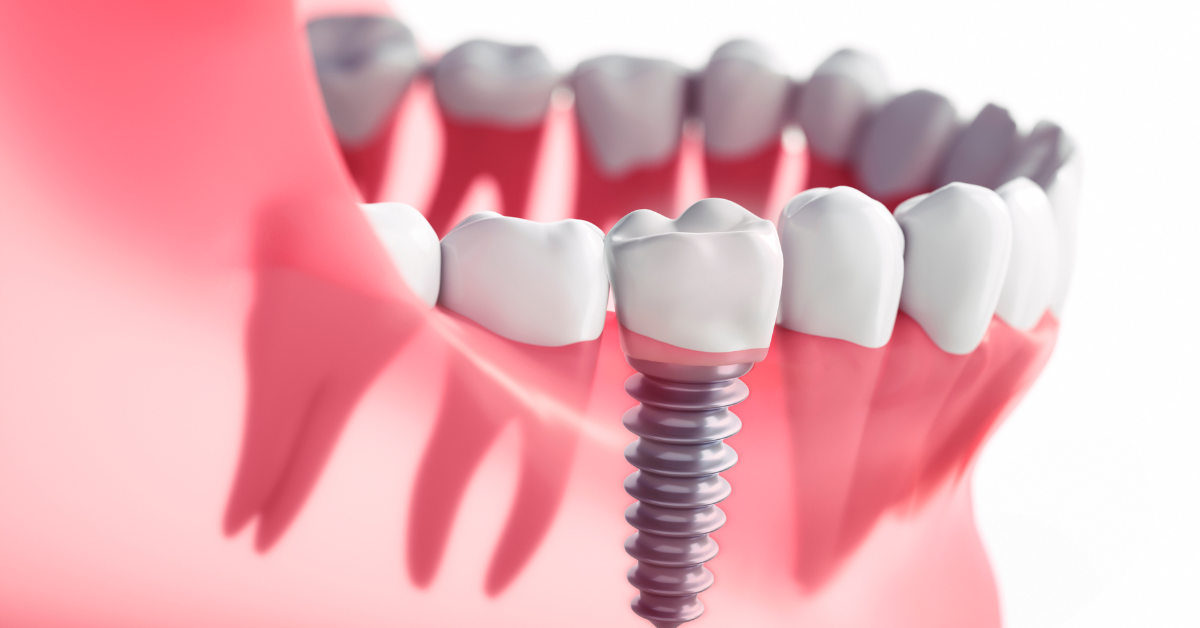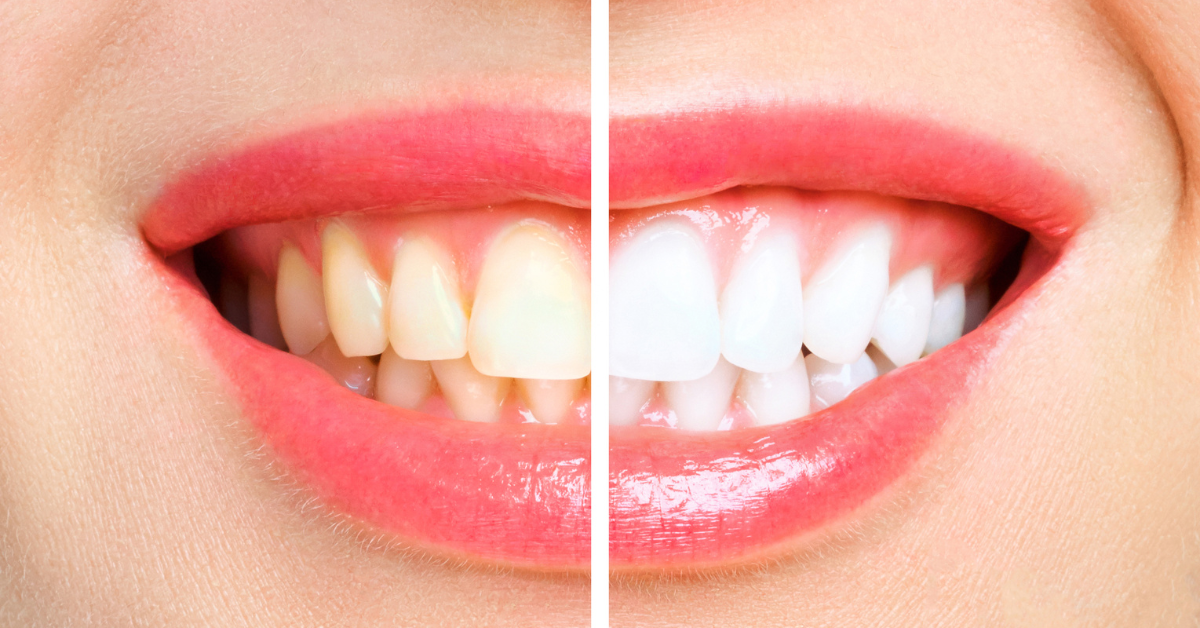Dental implants are considered the gold standard for tooth replacement due to their durability and natural appearance. Unlike traditional dentures or bridges, which require ongoing maintenance and replacement, dental implants have the potential to last a lifetime. However, it’s important to note that while dental implants are designed to be permanent, there are factors that can affect their longevity.
The Science Behind Dental Implants
Dental implants are small, titanium posts that are surgically inserted into the jawbone. Over time, the bone fuses to the implant, creating a strong and stable foundation for a replacement tooth. This process, known as osseointegration, is what allows dental implants to function like natural teeth.
Factors Affecting Dental Implant Longevity
The success rate of dental implants is exceptionally high, with a 95% success rate over 10 years. However, there are certain factors that can influence the longevity of dental implants, including:
-
Overall Oral Health: Maintaining good oral hygiene, including regular brushing and flossing, is crucial for the long-term success of dental implants. Poor oral hygiene can lead to gum disease, which can damage the soft tissues and bone around the implant, potentially causing implant failure.
-
Smoking: Smoking is a significant risk factor for implant failure. Smoking can impair blood flow to the gums and bone, which can hinder osseointegration and increase the risk of infection.
-
Medical Conditions: Certain medical conditions, such as diabetes and osteoporosis, can also affect the success of dental implants. These conditions can weaken the immune system and bone density, making it more challenging for the body to heal and support the implants.
-
Implant Placement: The proper placement of dental implants is critical for their long-term stability. Implants should be placed in a healthy jawbone with sufficient bone density to support the implant over time.
-
Lifestyle Habits: Excessive biting or grinding forces on dental implants can cause damage over time. Avoiding habits like bruxism (teeth grinding) and consuming hard foods can help protect the implants.
Maintaining Dental Implants for Long-Term Success
To maximize the lifespan of your dental implants, follow these recommendations:
-
Regular Dental Checkups: Schedule regular dental checkups and cleanings to monitor the health of your implants and gums. Your dentist can detect any potential problems early on and provide necessary interventions.
-
Proper Oral Hygiene: Maintain meticulous oral hygiene at home. Brush twice a day and floss daily to remove plaque and bacteria buildup around the implants.
-
Avoid Smoking: Quitting smoking can significantly improve the chances of long-term implant success.
-
Manage Medical Conditions: Work with your doctor to manage any underlying medical conditions that could affect implant health.
-
Protective Measures: Consider wearing a mouthguard at night to prevent damage from bruxism and avoid excessive biting forces on implants.
Conclusion
Dental implants are a durable and long-lasting tooth replacement option, with the potential to last a lifetime. By following proper oral hygiene practices, avoiding smoking, and managing any underlying medical conditions, you can significantly increase the chances of long-term success for your dental implants. Regular dental checkups and cleanings are also essential for monitoring the health of your implants and gums and addressing any potential problems early on. Please find the dental office near you in these locations: Attleboro, Chelmsford, Hyde Park, Jamaica Plain, Lynn, Manchester, Methuen, Roslindale, Taunton.




